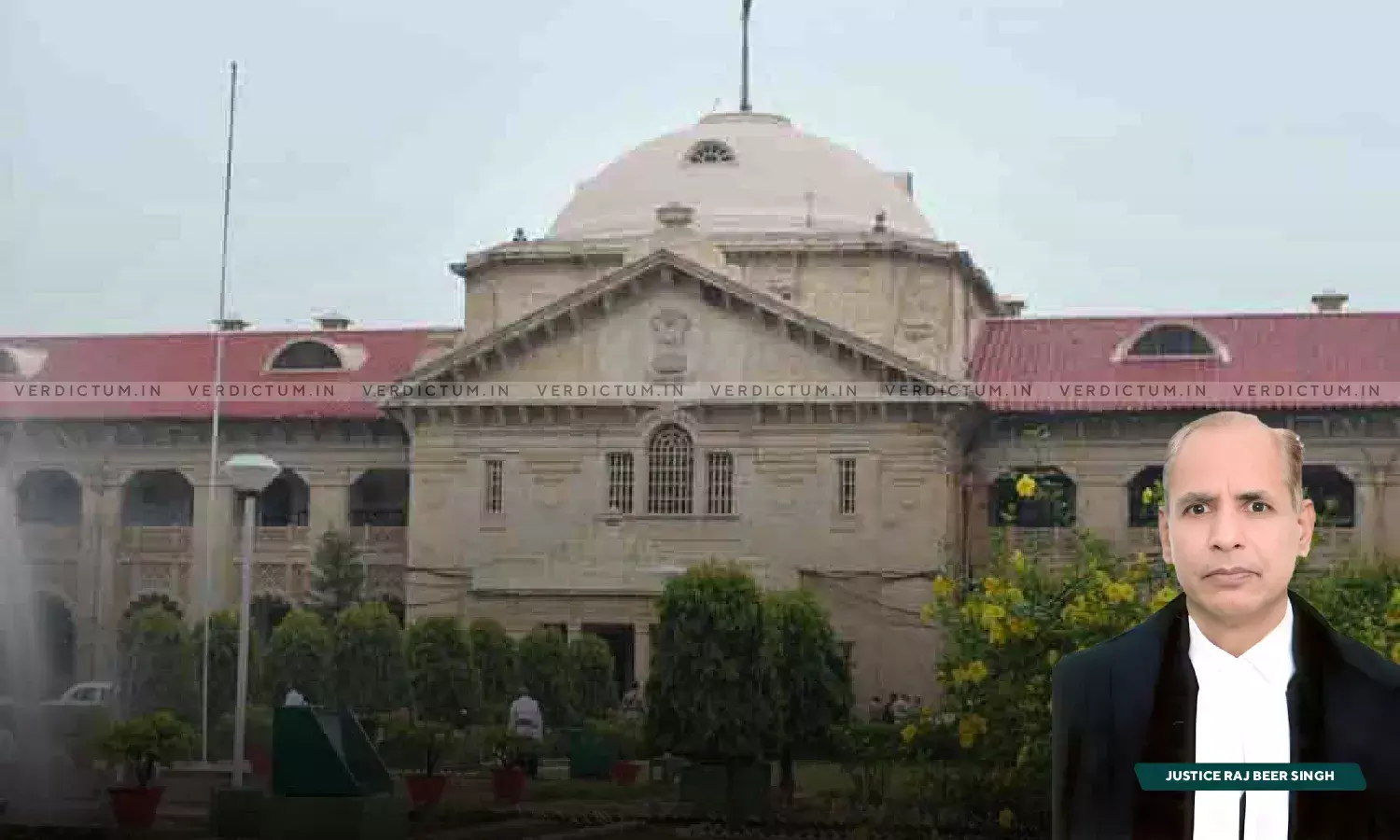Using Caste-Indicative Abusive Words Inside Car Not Within Public View, No Offence Under SC/ST Act Is Made Out: Allahabad HC

The Allahabad High Court recently held that using caste-indicative abusive words inside the car is not within public view and hence no offence under Section 3(1)(da), (dha) of the Scheduled Caste and Scheduled Tribe (Prevention of Atrocities) Act, 1989 i.e., SC/ST Act is made out.
A Single Bench of Justice Raj Beer Singh asserted, “… alleged incident of abusing the informant took place inside the car. In view of facts of the matter and also considering the law laid down in case of Hitesh Verma vs. The State of Uttrakhand and another 2020 AIR (SC) 5584, it cannot be said that alleged incident of abusing inside the car took place within public view, thus, no offence under Section 3(1)(da), (dha) is made out.”
The Bench was dealing with an appeal preferred under Section 14-A(1) of the SC/ST Act for quashing the chargesheet and summoning order passed by the Special Judge.
Advocates Ghazala Bano Quadri and Maseeh Uddin represented the appellant while Government Advocates Ankur Vishwakarma and Kapoor Chandra Vishwakarma represented the respondents.
In this case, a case was registered against the appellant under Sections 323, 504, 506, and 406 of the IPC, and Section 3(1)(da), (dha) of the SC/ST Act. The appellant was alleged to have called the informant on the pretext of providing an amount of the sale deed and the appellant and his associates forcibly dragged him into a car and assaulted and abused him by using caste-indicative words and thereafter he was thrown out from the car.
The High Court in the above context noted, “… the court should first issue summon simplicitor or bailable warrant to accused and only thereafter, if he does not appear after service, as a last resort, non-bailable warrant of arrest should be issued to secure the presence of the accused person.”
The Court further noted that due procedure of law was not followed while issuing non-bailable warrants against the appellant and thus, the order so far as it relates to the issuance of non-bailable warrants against the appellants, is not in accordance with the law.
“… it is settled position that at the stage of cognizance and at the stage of issuing process to the accused, the Magistrate has to be satisfied that there is sufficient ground for proceeding. The court has to consider whether there is sufficient ground for proceeding and not whether there is sufficient ground for conviction”, observed the Court.
The Court said that essentially the dispute between the parties was over the property and sale deed while quashing the non-bailable warrants and summoning order as per Section 3(1)(da)(dha) SC/ST Act. However, the Court upheld the summoning of the appellant for the offences under Sections 323, 504, 506, and 406 IPC.
Accordingly, the Court disposed of the appeal.
Cause Title- Syed Mohiuddin Ahmad v. State of U.P. And 2 Others
Click here to read/download the Judgment


